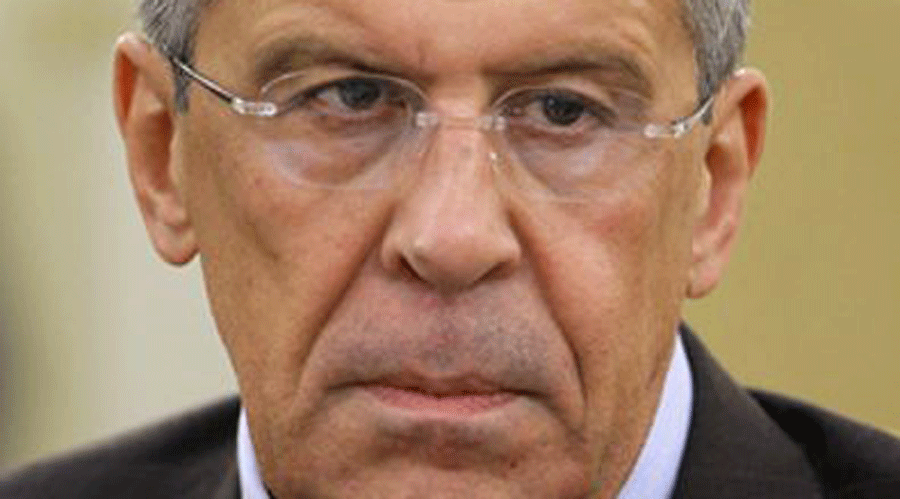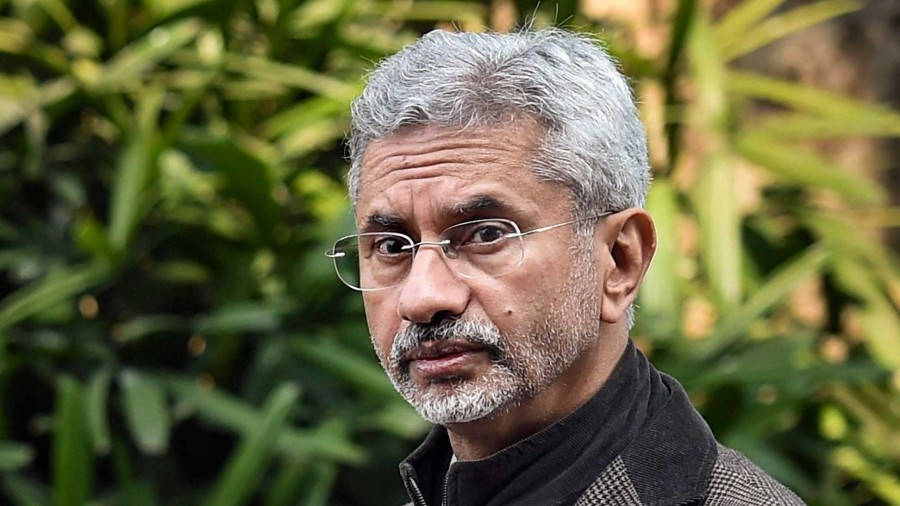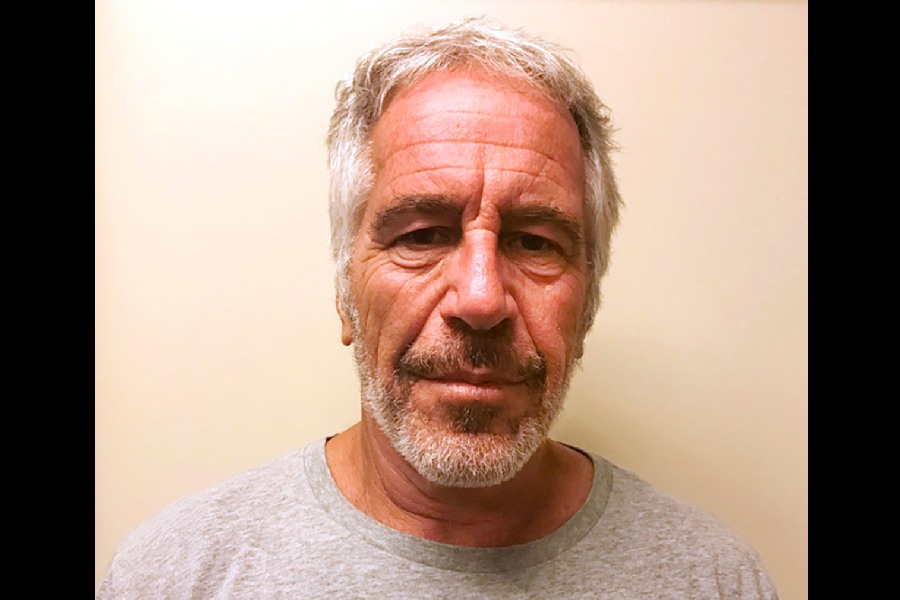External affairs minister S. Jaishankar on Thursday sought to call out the hypocrisy of the West, which is pressuring India not to increase its energy imports from Russia, by underlining that European countries continued to buy Russian oil and gas.
He added that these countries would in all likelihood remain the top 10 buyers from Russia after a few months while India would not be in that league.
“We have seen for sometime what looks almost like a campaign on this issue…. In the month of March, Europe has bought 15 per cent more oil and gas from Russia than it did the month before,” Jaishankar said, to a question on oil purchases from Russia, at the first India-UK Strategic Futures Forum.
“If you look at the major buyers of oil and gas from Russia, I think you will find most of them are in Europe. We ourselves get the bulk of our energy supplies from the Middle East, about eight per cent of our oil from the US and, in the past, less than a per cent from Russia.”
He added: “When oil prices go up, I think it’s natural for countries to go out into the market and look for what are good deals for their people. I am pretty sure if we wait two or three months and actually look at who are the big buyers of Russian gas and oil, I suspect the list wouldn’t be very different from what it used to be. And, I suspect, we won’t be on the top 10 of that list.”
Jaishankar was speaking in the presence of his British counterpart Liz Truss. The UK minister said Britain was in the process of reducing and eliminating its dependence on Russian oil but such a thing takes time.
“That is also true of other countries…. The G7 has set a timetable to end that dependency,” she said, having maintained earlier that it was important to respect other countries’ positions and the issues they face.
“India is a sovereign country, and I’m not going to tell India what to do,” she had said in response to a question on India’s nuanced position on the Ukraine conflict.
The two ministers came to the forum from their bilateral engagement and were scheduled to resume their discussions again later in the night.
Before their meeting, foreign secretary Harsh V. Shringla had held a discussion with the US deputy national security adviser for international economics, Daleep Singh, the chief architect of the latest round of sanctions on Russia.
The US has warned India of the risks it faces if it increases oil imports from Russia, indicating that Washington has no issues with New Delhi buying discounted oil from Moscow provided the quantity remains the same as previous years.
Singh flagged the recently signed “no limits partnership” between Russia and China, warning that India cannot count on Moscow to come to its help against Beijing.
The US and its allies are keen to ensure that India does not increase its imports from Russia of energy and other commodities covered by their sanctions. They fear that such a move by India would cushion the blow they seek to deliver to the Putin regime through these economic measures.
Singh told journalists that there would be consequences for countries that attempt to circumvent the sanctions. He said he was aware of India and Russia working on a rupee-rouble arrangement to sidestep the sanctions.
According to the British high commission, Truss is in Delhi as part of a “wider diplomatic push on Ukraine”.
At her meeting with Jaishankar, she said: “Russia’s invasion of Ukraine underlines the importance of democracies working closer together to deter aggressors, reduce vulnerability to coercion and strengthen global security.”
Earlier in the day, national security adviser Ajit Doval had met Geoffrey Van Leeuwen, security and foreign policy adviser to the Prime Minister of the Netherlands. Ukraine came up at this meeting too.
Hours later, Russian foreign minister Sergey Lavrov arrived in Delhi from China amid indications that he would have a meeting with Prime Minister Narendra Modi.
If the meeting materialises, Lavrov will be the lone overseas visitor — and there have been many this week — to get an audience with the Prime Minister.











